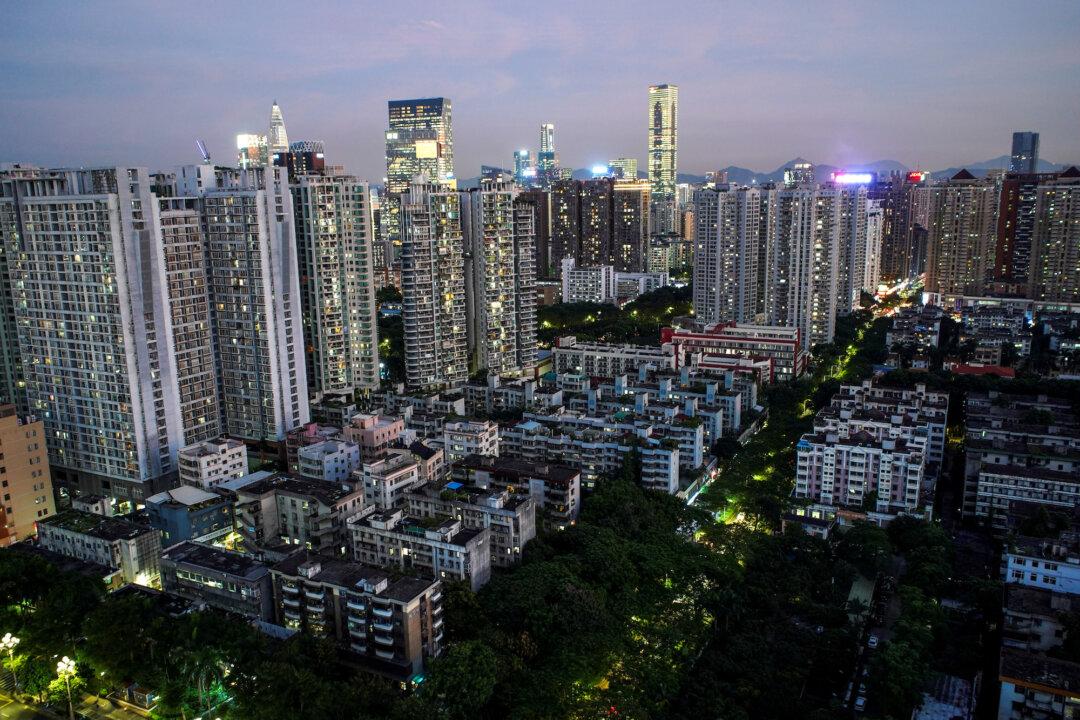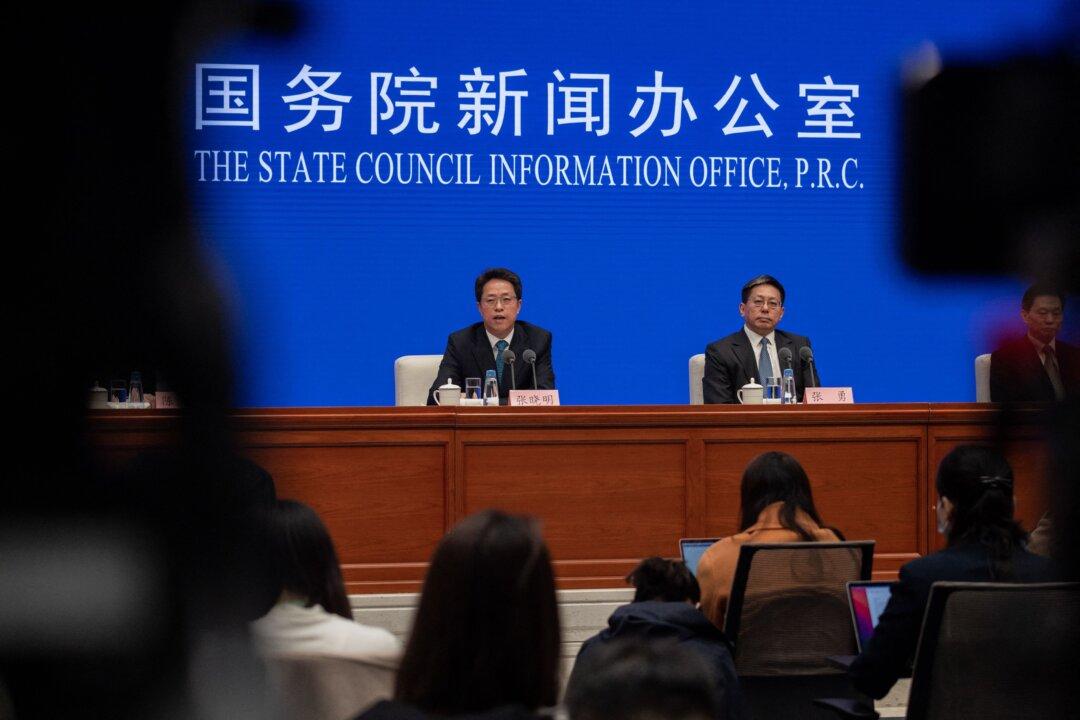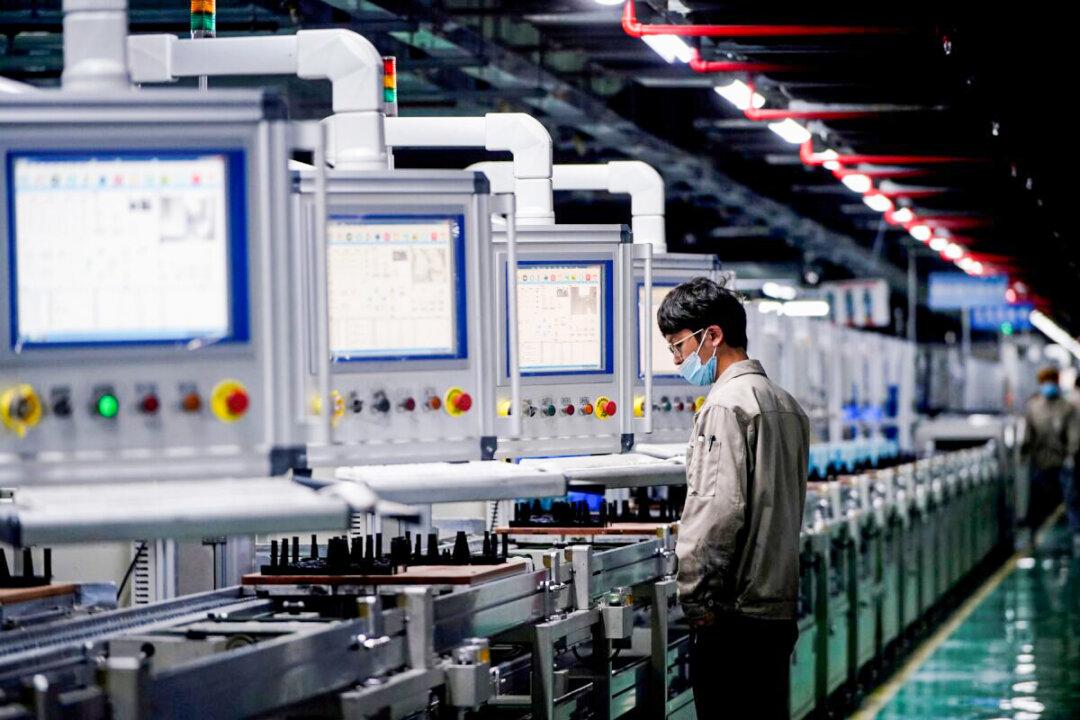The southern city of Shenzhen, China’s tech and economic hub, has reduced the salaries of government employees by nearly 25 percent, a local official told The Epoch Times, who hasn’t been paid since November last year.
He believes the move indicates that the municipal government is running out of money and the central government lacks the financial resources to sustain an ailing economy.




